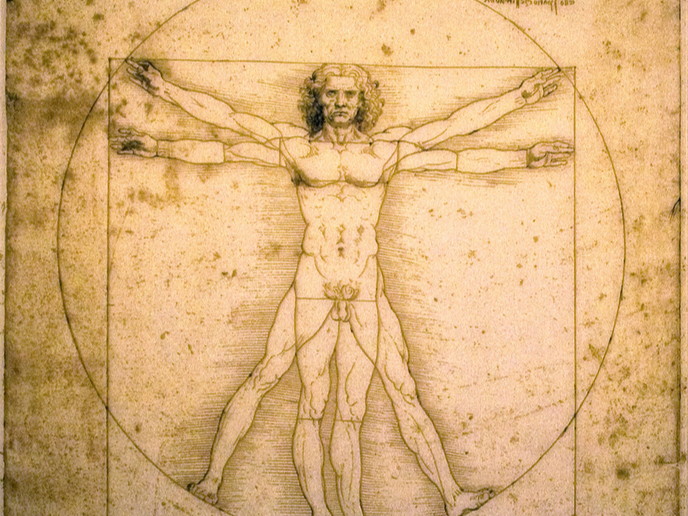Simplicity = Sophistication

“Simplicity is the ultimate sophistication.” This quote is attributed to renaissance painter and inventor, Leonardo Da Vinci. But it was hardly his idea alone. Prior to Da Vinci, stoic philosophers extolled the virtues of leading a simple life. In modern time, minimalism is trend with diverse and widespread adherents around the world. The benefits of simplicity are wide ranging and reveal themselves in many different realms of life, including business, design, and time management.
It’s hard to know if Leonardo Da Vinci was directly inspired by stoic philosophers such as Seneca and Marcus Aurelius. In my estimation, he wasn’t. Instead, their mutual preference for consciously achieved simplicity is a testament to its universal virtue. For Stoicism, such simplicity allowed people to lead a good life, free from temptation, over-bearing luxury, and the malignant ills they produce. But for stoic philosophers such as Seneca, simplicity wasn’t simply asceticism. In his letters, he exhorts, “We should not believe the lack of silver and gold to be proof of the simple life.” Instead, the simplicity that Seneca prizes is internal, of the thought and spirit – of doing right, and doing so for its own sake, or because that’s what produced the best result and most peace of mind. His deference to equanimity was shared Marcus Aurelius, who saw gratitude as the greatest possession one could have: “When you arise in the morning, think of what a precious privilege it is to be alive – to breathe, to think, to enjoy, to love.” This lack of fear and anger, and an abundance of joy and appreciation, especially for the present moment, was seen by the stoics as the key to happiness.
In recent times, minimalism has emerged as a popular lifestyle and design trend. Popularized through blogs and youtube channels, minimalism forgoes the accumulation of needless stuff, which is seen as a burden. Minimalists prize themselves as frugal, clear-headed, organized, and neatly presented. They avoid the consumerist trap of ‘keeping up with the Joneses.’ Minimalists attempt to live simple lives, without luxury. They often reject what others see as necessities, such as cars and televisions. This simplicity, they claim, drastically improves the quality of their lives. Rather than collecting things, they are able to focus on gaining experiences. Some minimalists take the philosophy further, going so far as the practice relationship minimalism and cutting out associations or social practices which don’t serve their own long-term happiness. Instead, they double down on positive relationships and activities. Through social media (if they use it at all), minimalists share tips on how to live better with less.
Also in modern times, simplicity has emerged as a management principle. Clutter, as we all know, is distracting. And distractions are an opposing force to clarity, a key component of productivity. Likewise, modern copywriting often takes simplicity to an extreme, using one-word slogans, or sentence fragments as standalone paragraphs. This simple style is believed to be the most eye-catching and convincing for time-pressed readers. But the biggest benefits of simplicity are harder to quantify. These include the tranquility and aesthetic beauty which is engendered by simplicity. While the original iPhones were a testament to the positive design qualities of simplicity (and designed by a company headed by Steve Jobs, who was known for his obsessively simple dress style), modern business also has an interest in propagating consumerism, which contradicts the driving spirit and professed benefits behind both stoicism and minimalism.
Perhaps due to the increasingly complex nature of the modern world and as a rejection of messy post-modernism, simplicity is reemerging as a philosophical, art, design, and business trend. The idea of simplicity isn’t new. In fact, it’s been championed by great minds for thousands of years. Whether you are looking to increase your peace of mind, mental clarity, productivity, persuasiveness, or want to surround yourself with beauty, simplicity can help achieve these lofty goals, as they have for notable figures such as Da Vinci, Seneca, Marcus Aurelius, and Steve Jobs.